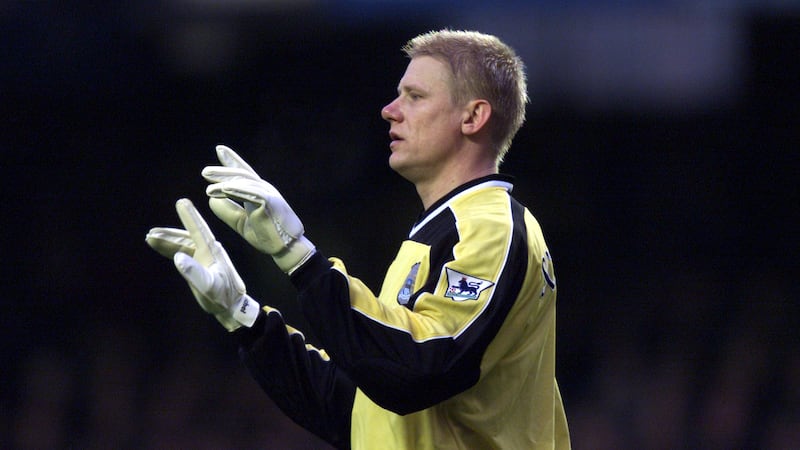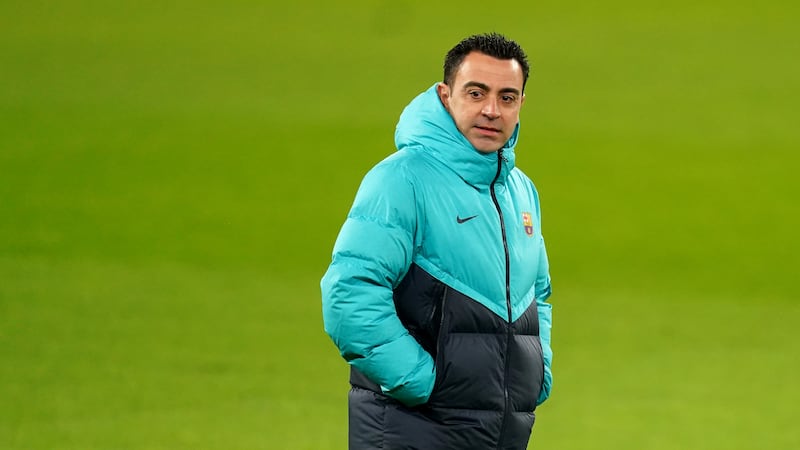FOR the majority of spectators and some experienced inter-county campaigners, pre-season inter-county competitions like the McKenna Cup are viewed as a series of glorified challenge games of no relevance to the more competitive action that unfolds in the months ahead.
However, the ultimate for any GAA player is to represent their county and throughout January we generally see the majority of inter-county debuts where emerging talent gets an opportunity to catch the eye of their management.
The first time you’re called with the invitation to join the elite within your county is an exciting experience. You spend your life dreaming of pulling on a county jersey at senior level. To know the opportunity to work towards that is getting closer puts a pep in your step.
It takes time to adjust to life on a county panel. The demands of training, weight of expectation and pressures that come with joining the elite can be enough to make even the best underage players go into their shell.
No matter how confident you are at underage or club level, even the most strong minded individuals will have a nervous bit of self-doubt when making the step up.
For November and December, you spend the bulk of your time under the watchful eye of the medical and strength and conditioning teams.
They screen the players for any previous injuries of signs of weakness, which may lead to further issues down the line as the rigours of county level intensify before putting a plan in place to suit the needs of the player.
I have to say I always enjoy this aspect of pre-season as it allows you time to get you into the shape needed to maintain the level of fitness required to play the game to the standard expected from your management team.
Pre-season in times gone by would have consisted of a one-size-fits-all park run or endless laps of the field.
Nowadays, players are afforded the opportunity to develop with specific programs that suit their age bracket, experience or body make-up. Sessions these days are even tailored to the position you play on the field such is the information now available to those in charge of player welfare with squads.
For example, inside backs/forwards do not cover the same distance as the middle eight; therefore they do not need to build the same aerobic capacity.
However, the inside line tend to work in short, sharp bursts so their training program needs to help develop these players in a role-specific manner.
Usually, a day or two between Christmas and the New Year will be the final blow-out session before focus switches to competitive action and the opportunity of three games in 10 days.
When the tough slog has completed, all players want to do is play. Some will stand out immediately, but transition takes time for the majority.
It was at this stage in 2004, I made a major mistake during my time with Armagh.
I had joined the panel following Crossmaglen’s Ulster club loss to the Loup in early November. I had a good breakthrough season with my club in 2003.
But as I was joining a group who has just contested the previous two All-Ireland finals, I knew I was going to have to work extremely hard to settle into the squad and, more importantly, earn the respect of my peers.
Pre-season went well and as we completed our final session before the new year on Tuesday, December 30, the side was named to play against St Mary’s UC on Sunday, January 4. I was one of the new faces getting the chance to impress from the start on day one.
In between then, though, I made a mess of the opportunity afforded to me by going against my father’s, (the then-Armagh manager) wishes by playing in an annual charity game which took place every New Year’s Day between a South Armagh selection and North Monaghan selection in Donaghmoyne.
As I left the house, Dad urged me not to play and that, if anything happened me, ‘don’t be coming home’.
I laughed and went on about my business, sure it was only a kickabout for a good cause; I was hardly going to get injured.
The game was no different than any charity game I’ve ever taken part in, played in a jovial manner with little or no contact – not much chance of picking up a knock until, bad luck would have it, I rolled my ankle on a divot in the ground as I was watching play at the far side of the field.
I knew straight away I was in trouble with the injury and at home. By the time I made it into the changing room, my ankle was swollen and heavily bruised. I was sick with the thought of going home, but I was gutted knowing that I would miss out on my first opportunity to represent Armagh at senior level.
I tried to convince myself I would be okay and even attempted the warm-up, but the injury proved worse than I first expected and I ended up missing out on two months of football which put an end to any chance I had of getting meaningful game time for the remainder of the season.
A late substitute appearance during a hiding we received against Galway and a start in a dead rubber game against Sligo in our final League game was my lot for 2004 with Armagh.
I’m not so sure playing in the Dr McKenna Cup would have made much difference to the amount of game time I would have gained in 2004 given the competition for places which existed within Armagh at that time.
But the main thing that I will always remember was my eagerness to impress my team-mates, management and supporters; that is something that will never change with youthful exuberance.
While the pre-season competitions may be much maligned and may at some stage be gone from our calendar, they serve their purpose to help sharpen players for the beginning of the National League while offering valuable game time to those newcomers hoping to make their mark.
Tyrone are chasing six titles in-a-row this weekend. Their steady climb back to join the leading pack over the past few seasons has no doubt been built on confidence and momentum gained from successful beginnings in January.


